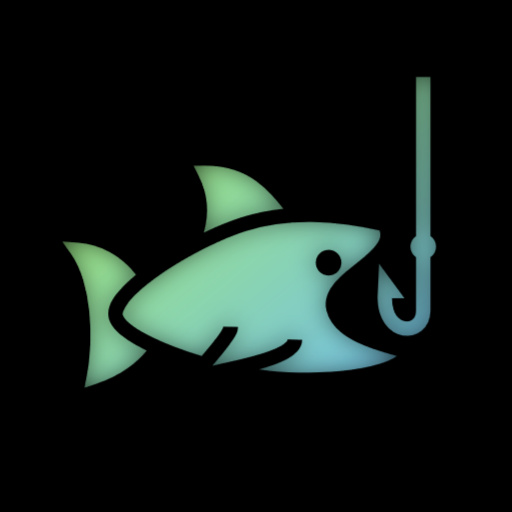- 1 Post
- 7 Comments

 2·5 months ago
2·5 months agofish links against pcre2, which is a C library (via the pcre2 crate).
(it used to also link against ncurses, now it uses the terminfo crate instead, which just reads the terminfo database in rust)
Of course there is a way to make fish distributable as almost a single file (https://github.com/fish-shell/fish-shell/pull/10367), which rust does make easier (rust-embed is frickin’ cool), but these sorts of shenanigans would also be possible with C++ and aren’t really a big driver of the rust port. It’s more that
cargo installwould try to install it like that and so why not make that work?Really, my issue here is that the article makes “making fish available on servers” this huge deal when fish has always been available on servers?

 91·5 months ago
91·5 months agoThere is nothing specific in the rust port that makes fish more available for servers or LTS distros.
Before, you would have had to get a C++11 compiler (which used to be a bit of a PITA until 2020 or so), now you need to get rust 1.70 (which isn’t terrible given rustup exists).
I see they’re taking it from this comment, which says
Fish should be available on servers, which run old LTS distros - this means we build our own packages for a variety of them.
Which is something that fish has always done - you can go to https://fishshell.com/ and get packages for Ubuntu, Debian, OpenSUSE and CentOS - all server distros, and these packages are built by the fish developers, not the distros.
That quote comes from the “Setting The Stage” section of the comment, which describes the status quo. This is about explaining what fish does and needs from a new language, not about something that fish wants to achieve by switching the language.

 8·5 months ago
8·5 months agoI still don’t know what the fuck they mean by “make it available for servers”.
They said that in the earlier post too and I have no clue how they came up with that.
One big, long-standing issue is that fish can’t run builtins, blocks or functions in the background or at the same time.
That means a pipeline like
seq 1 5 | while read -l line echo line; sleep 0.1; end | while read -l line echo line; sleep 0.1 endwill have to wait for the first while loop to complete, which takes 0.5s, and then run the second.
So it takes 0.5s until you get the first output and a full second until you get all of it.
Making this concurrent means you get the first line immediately and all of it in 0.5s.
While this is an egregious example, it makes all
builtin | builtinpipelines slower.Other shells solve this via subshells - they fork off a process for the middle part of the pipeline at least. That has some downsides in that it’s annoyingly leaky - you can’t set variables or create a background job in those sections and then wait for them outside, because it’s a new process and so the outer shell never sees them.
Gleason also talks about content moderation and blocking, saying: “One thing that has been holding the ActivityPub protocol back from achieving even more, is the blocking culture”
Now why exactly would Gleason have issues with blocking?
It’s because he’s a fucking card-carrying transphobe, and, like the article says, former CTO for truth.social, Trump’s social network.
Nobody should listen to anything this clown has to say.
The finale of Enterprise is a holodeck simulation Riker is running in the middle of a TNG episode.




There is the point you can make, which is that you can more easily create self-contained statically linked binaries (tho fish needs more than what cargo itself can provide here because it ships a ton of data files, see https://github.com/fish-shell/fish-shell/pull/10367),
and then there’s what this site keeps claiming from a misreading of a comment I made when the port just got started, which is that fish is now “available on servers”. Which is just wrong, it’s always been available on servers and it’s been easy to install a new fish on LTS distros for users for ages.